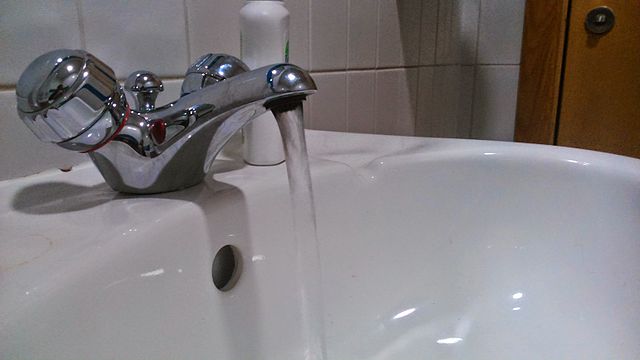How safe is Winnipeg’s drinking water supply? A recent CBC News investigation has discovered the City of Winnipeg is only testing for 49 of Health Canada’s voluntary but recommended 75 substances that could contaminate water supplies. While only Ottawa tests for all 75, the cities of Calgary, Edmonton and Halifax test for all but one.
Winnipeg, which tests for 49, is admittedly ahead of Iqaluit and St. John’s, which test for just 20. However, experts say Winnipeg should be doing more to rule out potentially dangerous pathogens from the city’s water supply.
Eva Pip, a University of Winnipeg professor specializing in water quality and toxicology, argued, “They should be testing for everything, maybe not all the time, but at least on a periodic basis, rather than never testing for them at all.”
Randy Christensen, a lawyer with not-for-profit Ecojustice, favours the US-approach to testing. “A preferable approach would be something that’s done in the United States, where there’s a requirement to test for all of the contaminant standards,” he told CBC News. Water testing is a provincial responsibility, something Christensen says puts Canada well behind other countries that have national, enforceable standards.
According to CBC News, the City of Winnipeg explained they don’t test for certain compounds because they are unlikely to be found in the water supply. To Professor Pip, that isn’t good enough: “We know that when we look for substances in water that we don’t expect to find, we often do find them.”
There is no word yet if the City of Winnipeg plans to revisit its policies surrounding water testing in light of the CBC’s investigation–or the fact so many other Canadian cities, like Ottawa, Edmonton and Halifax, are voluntarily testing for so many additional potential contaminants.
